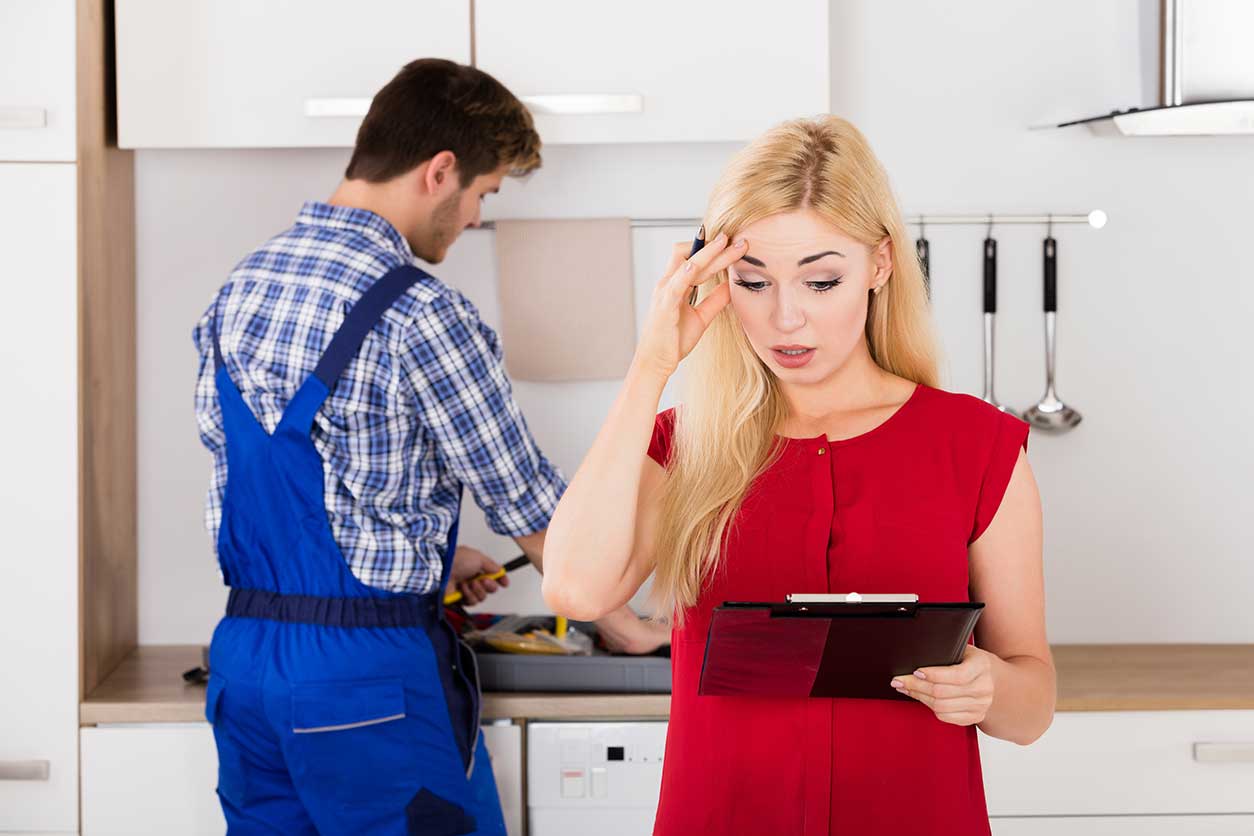

Articles
Who Pays For Plumbing When Renting
Modified: January 23, 2024
Discover who is responsible for paying for plumbing repairs when you're renting a property. Read our informative articles on this topic and ensure you understand your rights and responsibilities.
(Many of the links in this article redirect to a specific reviewed product. Your purchase of these products through affiliate links helps to generate commission for Storables.com, at no extra cost. Learn more)
Introduction
When renting a home or an apartment, it’s essential for tenants and landlords alike to understand their respective responsibilities when it comes to maintenance and repairs. One common issue that often arises is plumbing problems. From leaky faucets to burst pipes, plumbing issues can be a headache for both tenants and landlords.
In this article, we will explore the question of who pays for plumbing repairs when renting a property. We will examine the responsibilities of both landlords and tenants and discuss various scenarios in which the costs may be allocated. By gaining a clear understanding of these responsibilities, both parties can navigate plumbing issues effectively, ensuring a swift and fair resolution.
So, if you’ve ever wondered about the financial implications of plumbing repairs as a tenant or a landlord, keep reading to learn more.
Key Takeaways:
- Landlords are generally responsible for plumbing repairs due to pre-existing issues, normal wear and tear, structural problems, and emergencies. Tenants should promptly report issues and use the plumbing system responsibly to avoid potential repair costs.
- Effective communication, prompt reporting, and adherence to lease agreements are crucial for navigating plumbing repair responsibilities in rental properties. Understanding local laws and seeking legal advice can provide further clarity on specific obligations.
Read more: Who Pays For The Home Inspection
Understanding Responsibilities
Before delving into who pays for plumbing repairs when renting, it’s crucial to have a clear understanding of the responsibilities of both landlords and tenants. Typically, these responsibilities are outlined in the lease agreement, which serves as a contractual agreement between the two parties.
Landlords are generally responsible for providing habitable living conditions for their tenants. This includes ensuring that the plumbing system is in good working order at the start of the tenancy. Landlords should conduct regular maintenance and inspections to identify and address any plumbing issues promptly.
On the other hand, tenants have a responsibility to use the plumbing system appropriately and report any problems to the landlord in a timely manner. Failure to report issues promptly could lead to further damage and may result in the tenant being held responsible for the associated repair costs.
It’s important to note that the specific responsibilities of landlords and tenants may vary depending on local laws and the terms of the lease agreement. Therefore, it’s crucial for both parties to review their lease agreement and familiarize themselves with their obligations.
Next, let’s explore the typical responsibilities of landlords and tenants when it comes to plumbing repairs.
Landlord’s Responsibility
As mentioned earlier, landlords are responsible for providing habitable living conditions for their tenants. This extends to the proper functioning of the plumbing system in the rental property.
The landlord’s responsibilities regarding plumbing repairs typically include:
- Maintaining and repairing any pre-existing plumbing issues before the tenant moves in.
- Addressing plumbing emergencies promptly, such as burst pipes or major leaks.
- Conducting routine maintenance and inspections to ensure the proper functioning of the plumbing system.
- Responding to tenant reports of plumbing issues and organizing necessary repairs in a timely manner.
- Bearing the financial responsibility for repairs that are not the result of tenant negligence or misuse.
It’s important for landlords to adhere to these responsibilities to maintain a safe and comfortable living environment for their tenants. Neglecting to address plumbing issues can not only lead to tenant grievances but may also result in legal consequences.
However, it’s worth noting that landlords may include clauses in the lease agreement that outline certain conditions under which the tenant may be responsible for plumbing repairs. For example, if a tenant causes plumbing damage due to negligence, such as flushing inappropriate items down the toilet, the landlord may hold the tenant accountable for the cost of repairs.
Now, let’s move on to the responsibilities of tenants when it comes to plumbing repairs.
Tenant’s Responsibility
While the landlord is responsible for maintaining the plumbing system, tenants also have certain responsibilities when it comes to plumbing repairs. These responsibilities primarily revolve around proper usage and reporting of issues.
The tenant’s responsibilities regarding plumbing repairs typically include:
- Using the plumbing system responsibly and avoiding actions that could result in damage or clogs.
- Reporting any plumbing issues to the landlord or property management as soon as they are noticed.
- Taking reasonable steps to prevent damage, such as turning off the water supply in case of leaks or burst pipes.
- Not attempting DIY repairs unless explicitly authorized by the landlord.
- Ensuring that proper care is taken to prevent freezing pipes during cold weather.
Tenants should promptly notify their landlord or property management about any plumbing problems to ensure timely repairs. Delaying reporting can exacerbate the issue and may be seen as negligence on the part of the tenant.
It’s important to remember that tenants should not attempt to fix plumbing issues themselves unless they have the necessary authorization from the landlord. Unauthorized repairs may not only void any warranties but could also cause further damage.
Understanding and fulfilling these responsibilities can help tenants maintain a positive landlord-tenant relationship and ensure a functional plumbing system throughout the tenancy.
Next, let’s explore some specific scenarios to determine who pays for plumbing repairs in different circumstances.
In most cases, the landlord is responsible for paying for plumbing repairs and maintenance in a rental property. However, it’s important to review your lease agreement to understand the specific responsibilities of both the landlord and tenant.
Instances When the Landlord Pays for Plumbing Repairs
While tenants are responsible for reporting plumbing issues and using the system properly, there are several instances where the landlord is typically responsible for paying for plumbing repairs. These instances include:
- Pre-existing issues: If there are plumbing issues in the rental property before the tenant moves in, it is the landlord’s responsibility to address and repair them. This includes fixing leaks, clogs, or malfunctioning fixtures.
- Normal wear and tear: Over time, plumbing systems may experience normal wear and tear. In such cases, the landlord is responsible for repairing or replacing components of the plumbing system if they fail due to age or regular usage.
- Structural issues: If the plumbing problems are a result of structural issues, such as deteriorating pipes or faulty plumbing installations, it is the landlord’s responsibility to bear the cost of repairs.
- Plumbing emergencies: In the event of a plumbing emergency, such as burst pipes, the landlord is typically responsible for arranging immediate repairs and covering the associated costs.
It’s important for tenants to promptly report any plumbing issues to the landlord to ensure that repairs are initiated in a timely manner. Failure to report issues may result in financial responsibility being shifted to the tenant, especially if the delay leads to further damage.
However, it’s worth noting that specific lease agreements may differ, and there might be clauses that outline circumstances where the tenant may be responsible for certain plumbing repairs. Tenants should thoroughly review their lease agreement to understand their rights and obligations.
Now, let’s explore instances where the tenant is responsible for paying for plumbing repairs.
Read more: Where To Rent A Drain Snake For Plumbing
Instances When the Tenant Pays for Plumbing Repairs
While landlords are typically responsible for maintaining and repairing the plumbing system, there are instances where tenants may be required to pay for plumbing repairs. It’s crucial for tenants to be aware of these instances to avoid potential misunderstandings or financial liabilities. Some examples include:
- Tenant negligence or misuse: If a plumbing issue arises due to the tenant’s negligence or misuse, such as flushing inappropriate items down the toilet or causing a clog, the tenant may be held responsible for the repair costs. It is important for tenants to use the plumbing system responsibly and follow any guidelines provided by the landlord.
- Failure to report the issue promptly: If a tenant fails to report a plumbing issue in a timely manner, and the delay leads to further damage, the tenant may be held responsible for the resulting repair costs. It’s crucial for tenants to promptly notify their landlord or property management of any plumbing problems to ensure that repairs can be scheduled promptly.
- Unauthorized repairs: If a tenant attempts to fix the plumbing issue without obtaining prior authorization from the landlord, they may be responsible for any resulting damage or repairs. It’s important for tenants to always consult with the landlord before attempting any DIY repairs.
- Damage caused by guests or pets: If a plumbing issue is a result of damage caused by guests or pets of the tenant, the tenant may be held financially responsible for the repairs. It’s important for tenants to communicate and reinforce responsible behavior with their visitors and ensure that any pets in the rental property do not cause damage to the plumbing system.
It’s essential for tenants to be proactive in taking care of the rental property and promptly reporting any plumbing issues. By fulfilling their responsibilities and using the plumbing system properly, tenants can avoid potential disputes and financial liabilities related to plumbing repairs.
However, it’s important to consult the lease agreement to understand specific terms and conditions regarding plumbing repairs, as they may vary from one rental agreement to another.
Now that we have discussed when tenants may be responsible for plumbing repairs, let’s address common misconceptions and legalities surrounding this topic.
Common Misconceptions and Legalities
When it comes to plumbing repairs in rental properties, there are several common misconceptions that tenants and landlords may have. It’s crucial to address these misconceptions and understand the legalities involved to ensure a fair and transparent resolution. Here are some important points to consider:
- Verbal agreements: Some tenants might mistakenly believe that verbal agreements with their landlord regarding plumbing repairs are sufficient. However, it’s always recommended to have written documentation, such as a lease agreement, that clearly outlines the responsibilities of both parties. Verbal agreements can be challenging to enforce in case of disputes.
- Tenant’s DIY repairs: Tenants may assume that they have the right to fix minor plumbing issues themselves without notifying the landlord. However, unauthorized repairs can void warranties and create further damage. It’s best to seek the landlord’s approval before attempting any repairs.
- Withholding rent: Tenants may consider withholding rent as a means to pressure the landlord into addressing plumbing issues. However, this can have legal implications and may result in the tenant being in breach of the lease agreement. It’s important to communicate and resolve issues through proper channels rather than resorting to withholding rent.
- Responsibility for appliances: While landlords are typically responsible for plumbing repairs, tenants may be responsible for repairs or replacement of certain appliances connected to the plumbing system. This may include dishwashers, washing machines, or water heaters. It’s essential to clarify responsibilities for appliances in the lease agreement.
It’s important for both landlords and tenants to familiarize themselves with local laws and regulations regarding plumbing repairs in rental properties. State and local laws may dictate specific responsibilities, timelines for repairs, and dispute resolution procedures. Consulting legal resources or seeking legal advice can help clarify any specific legalities applicable to your rental situation.
Communication and documentation are key when dealing with plumbing repairs. Both tenants and landlords should maintain a clear and open line of communication to promptly address and resolve any issues that arise. Keeping written records of communication, repair requests, and receipts can be valuable in case disputes arise down the line.
Now, let’s conclude our discussion on who pays for plumbing repairs when renting.
Conclusion
When it comes to plumbing repairs in rental properties, understanding the responsibilities of both landlords and tenants is essential. While landlords are generally responsible for maintaining and repairing the plumbing system, tenants also have responsibilities regarding reporting issues and using the system properly.
In most cases, landlords are responsible for repairs due to pre-existing issues, normal wear and tear, structural problems, and plumbing emergencies. On the other hand, tenants may be responsible for repairs caused by negligence, failure to report issues promptly, unauthorized repairs, or damage by guests or pets.
It’s important to clarify these responsibilities in the lease agreement and communicate effectively to avoid misunderstandings and disputes. Both parties should document any communication, repairs, and receipts related to plumbing issues to ensure transparency and accountability.
Remember to consult applicable local laws and regulations, as they may dictate specific responsibilities and timelines for repairs in rental properties. Seeking legal advice can provide further guidance on legalities specific to your rental situation.
By understanding these responsibilities and adhering to them, both tenants and landlords can maintain a harmonious and efficient living environment. Communication, prompt reporting, and swift resolution of plumbing issues can save both time and money for all parties involved.
In conclusion, when it comes to who pays for plumbing repairs when renting, the answer lies in the specific circumstances, responsibilities outlined in the lease agreement, and adherence to applicable laws. By working together and fulfilling their respective obligations, tenants and landlords can ensure a well-maintained plumbing system in rental properties.
Frequently Asked Questions about Who Pays For Plumbing When Renting
Was this page helpful?
At Storables.com, we guarantee accurate and reliable information. Our content, validated by Expert Board Contributors, is crafted following stringent Editorial Policies. We're committed to providing you with well-researched, expert-backed insights for all your informational needs.

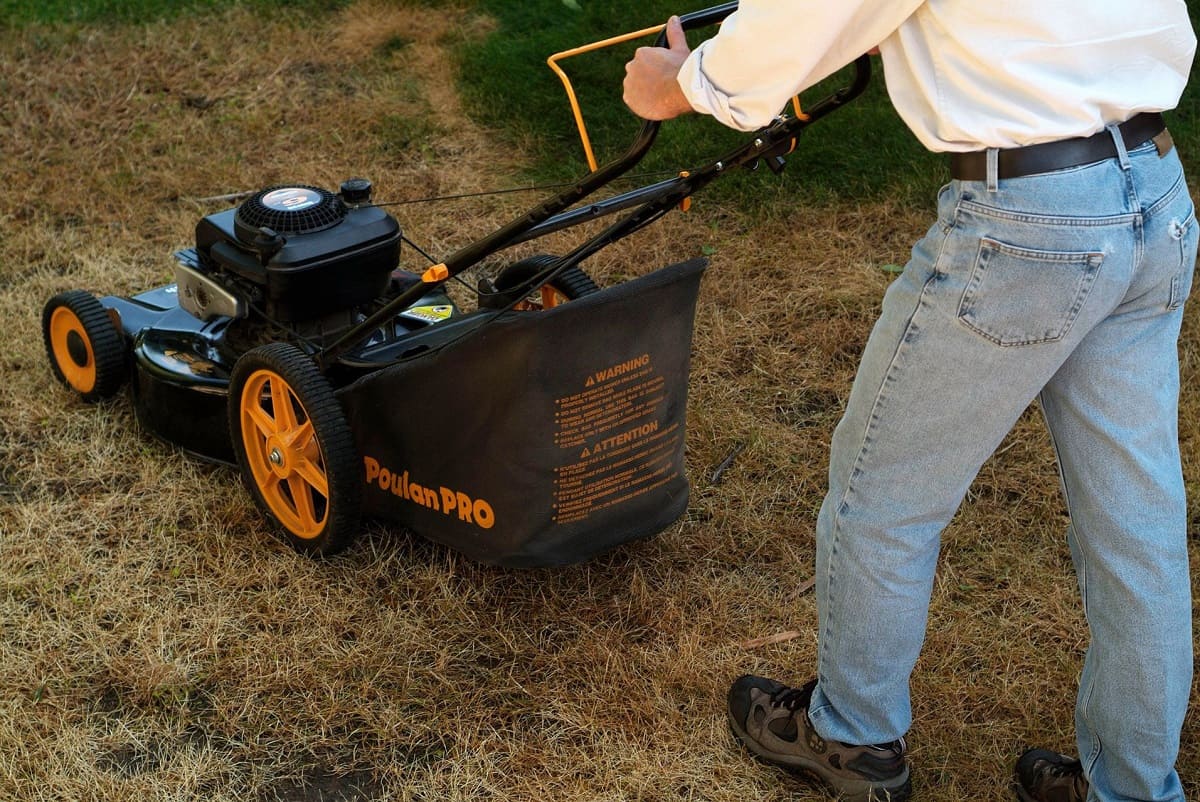
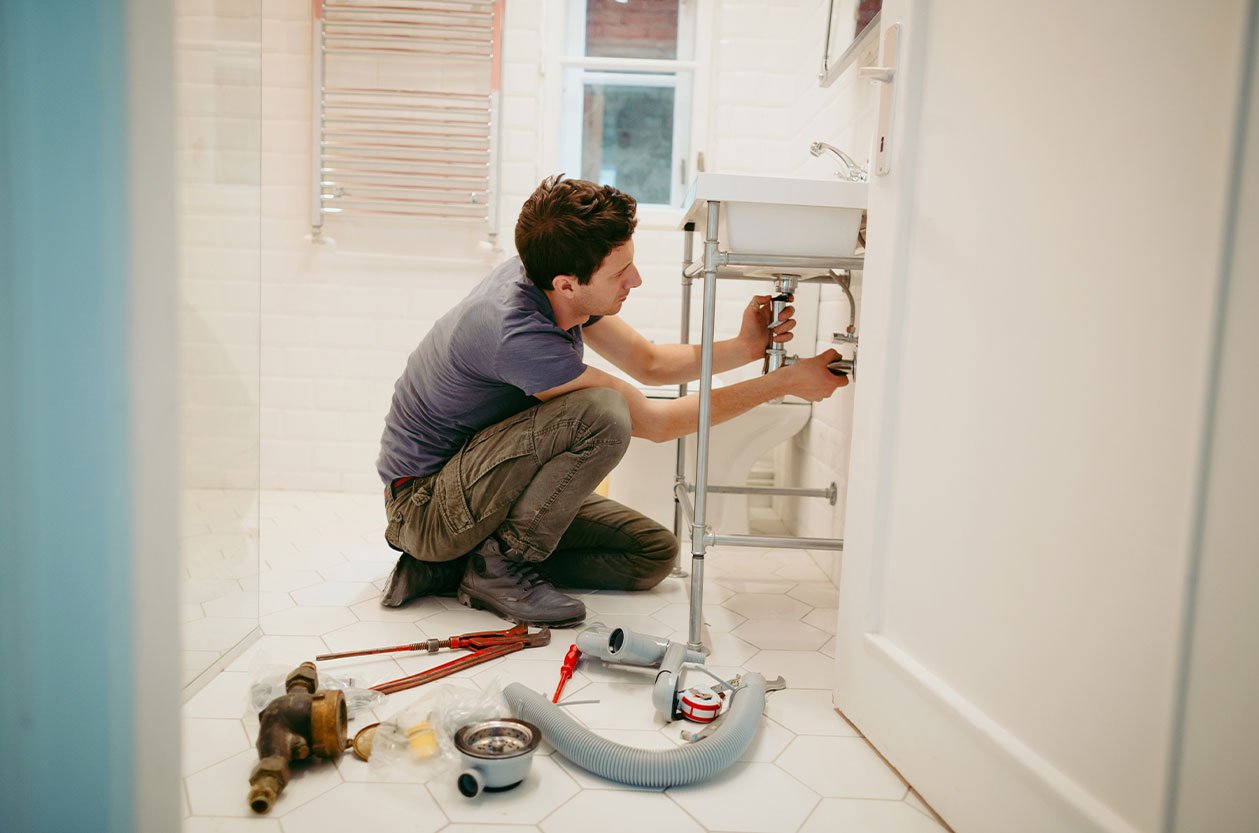

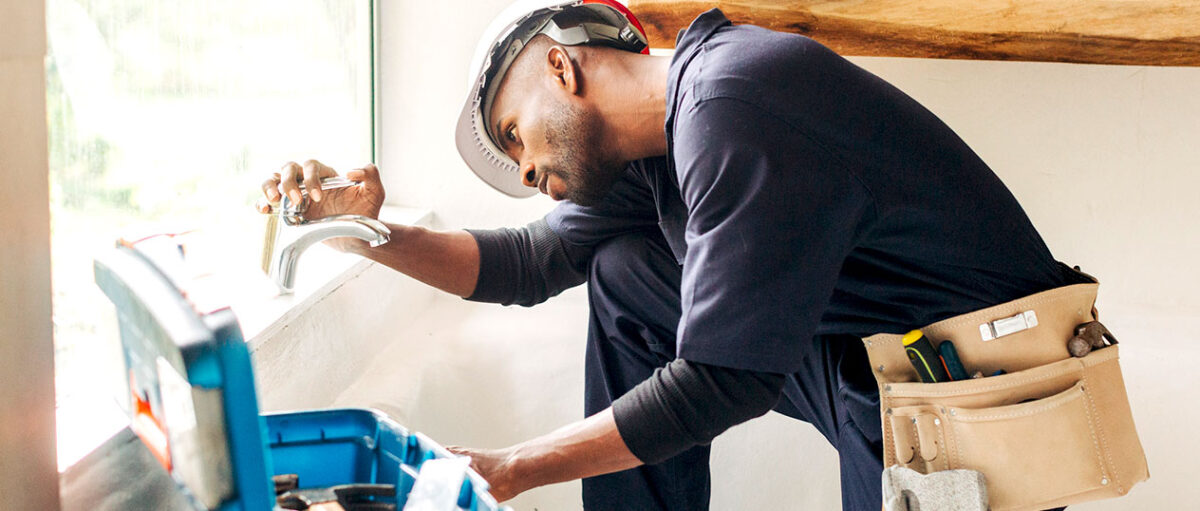
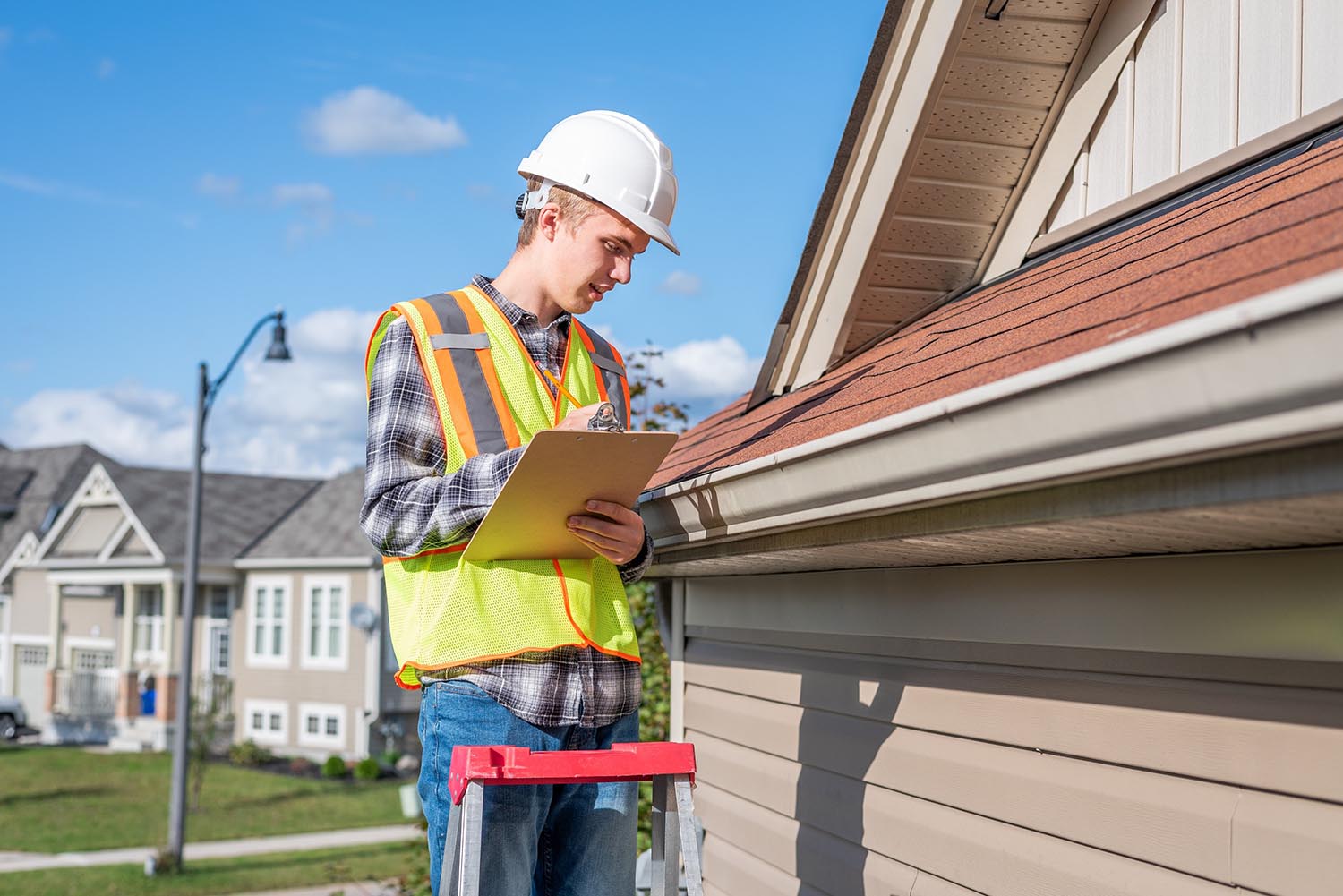
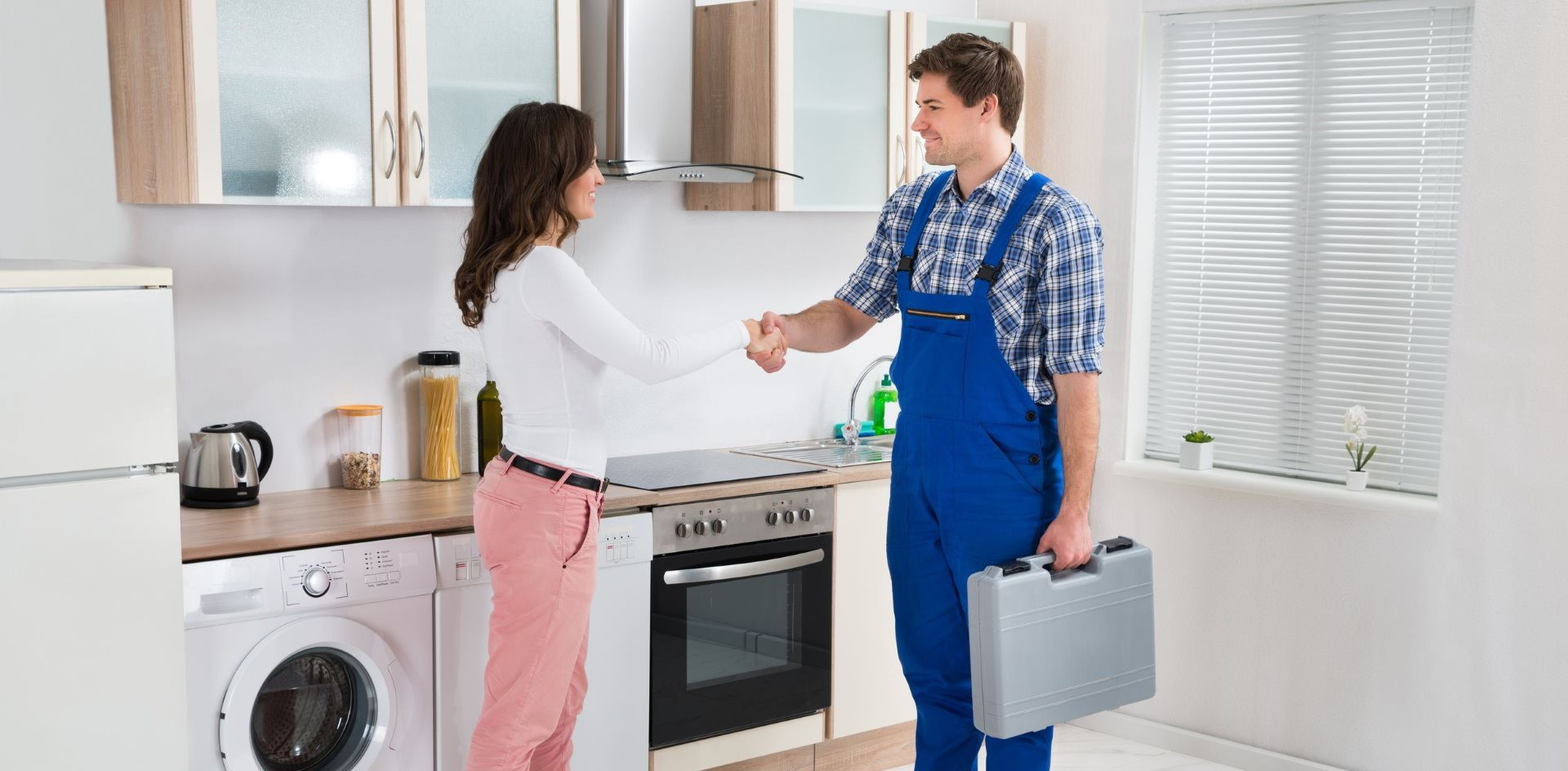
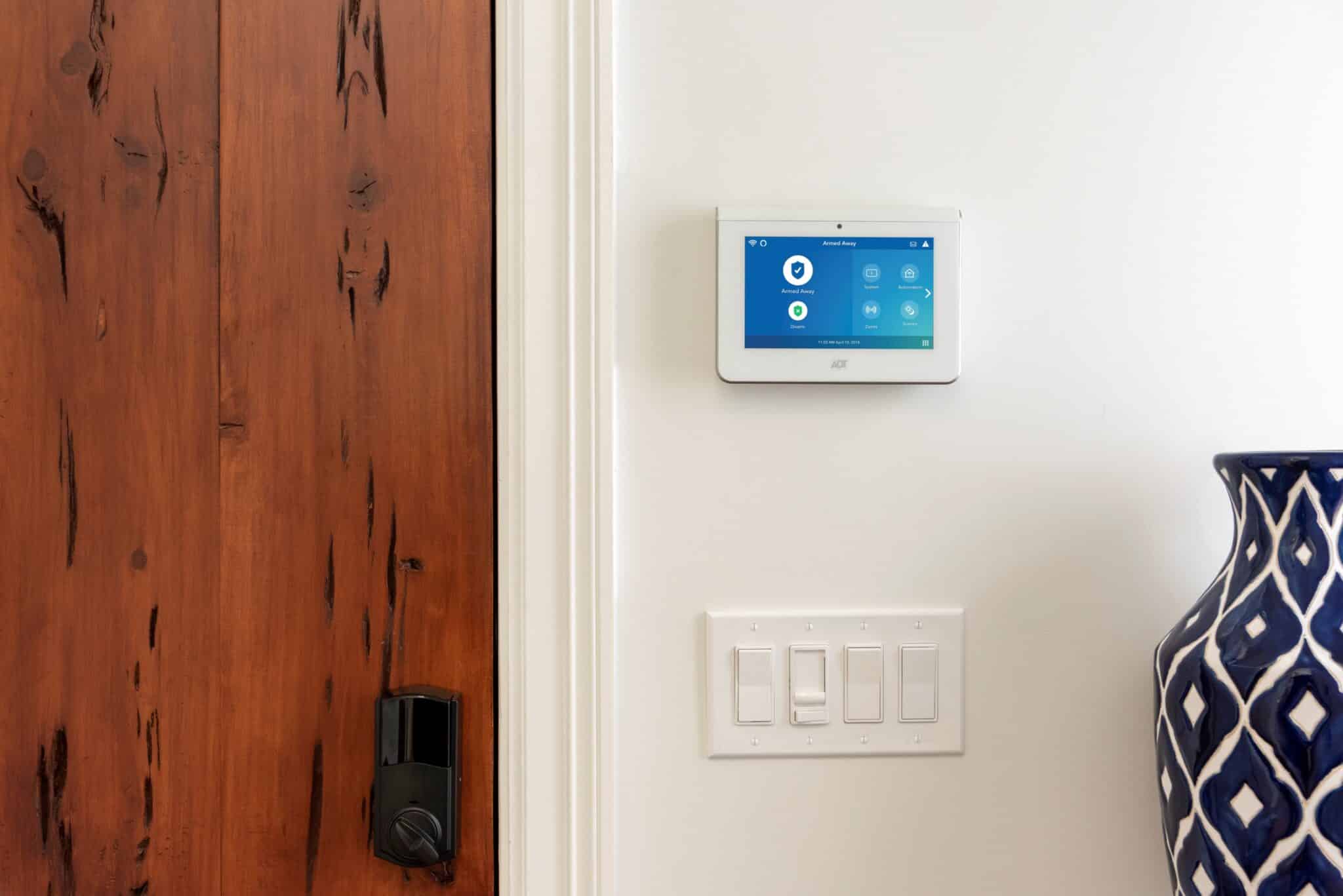

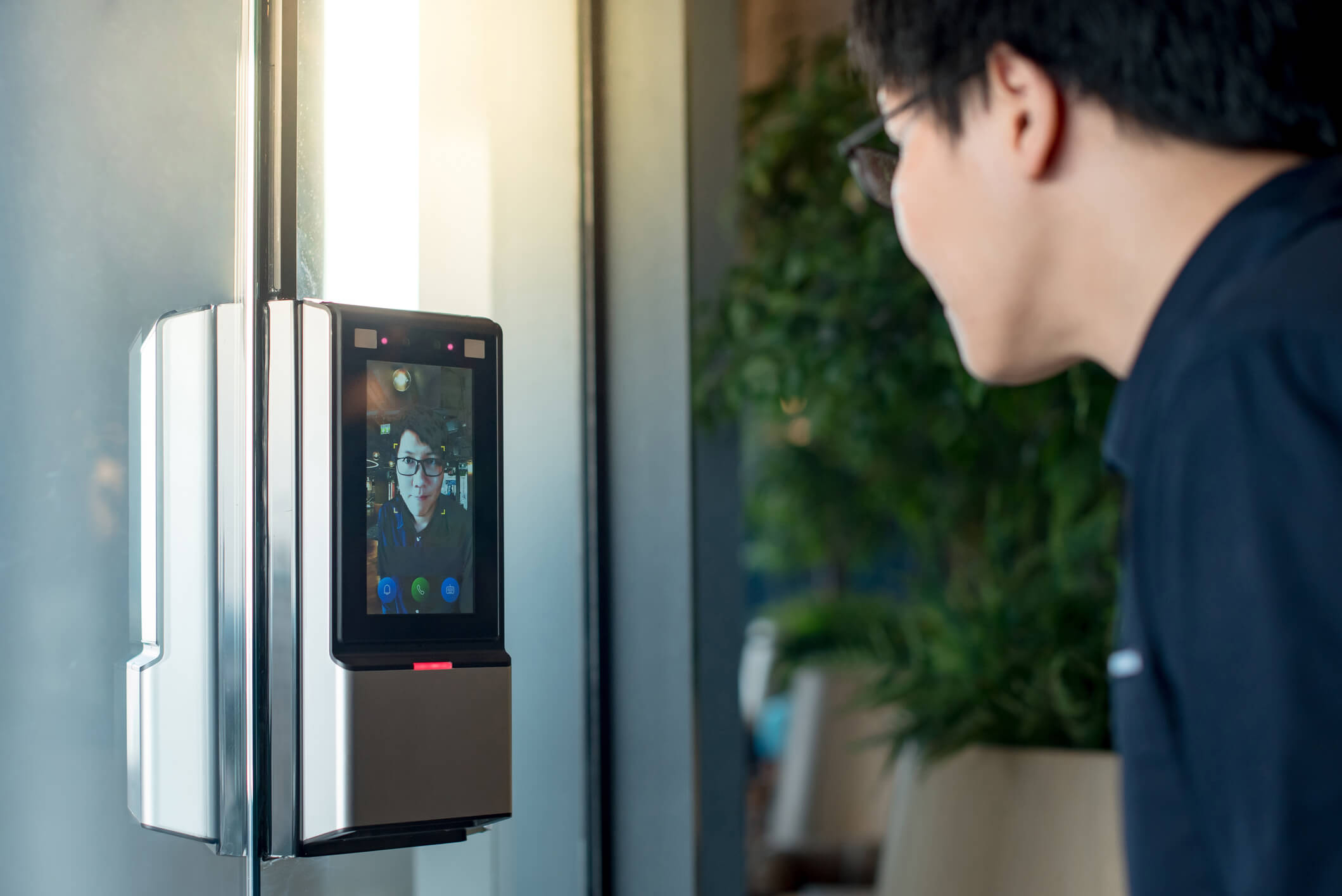
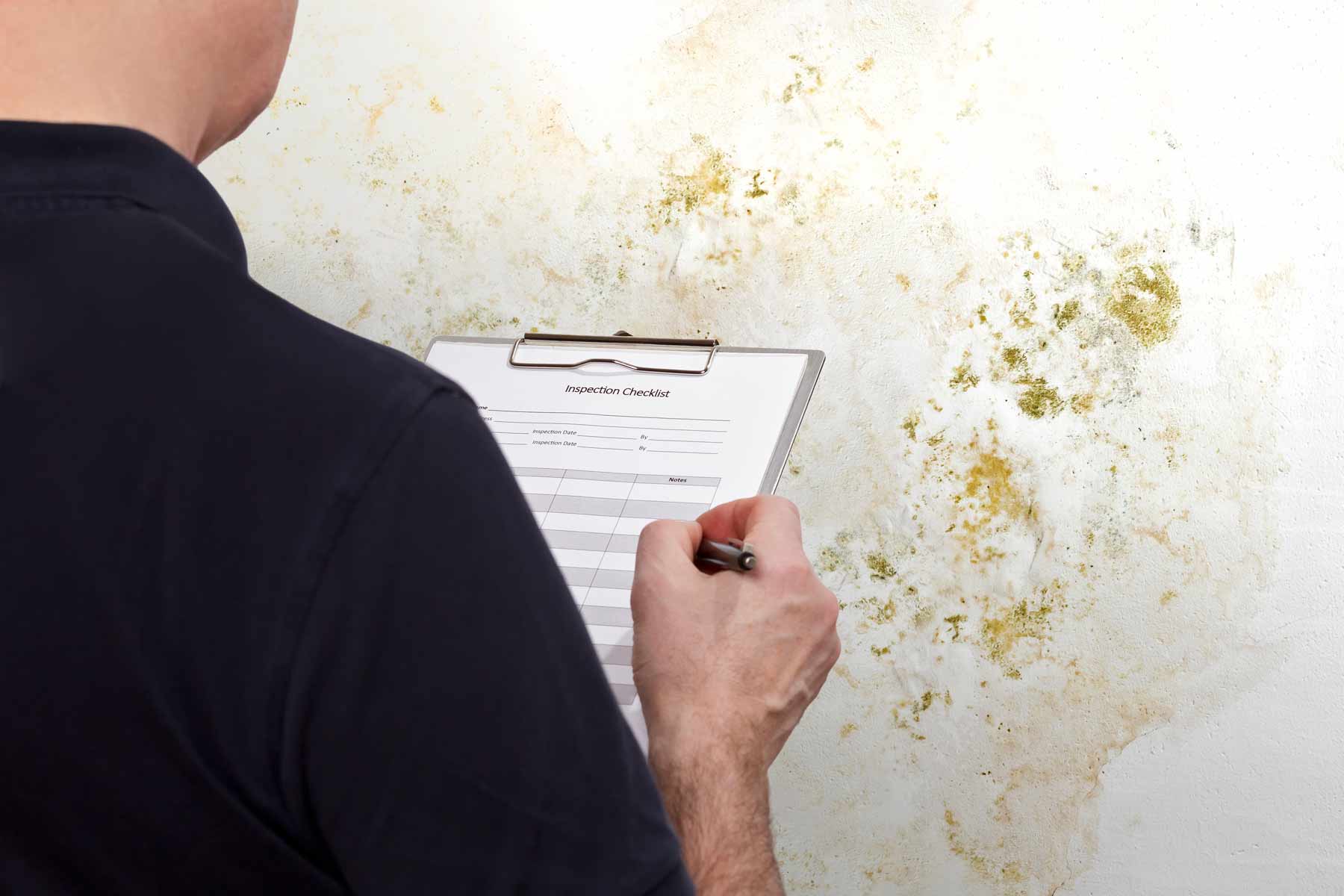

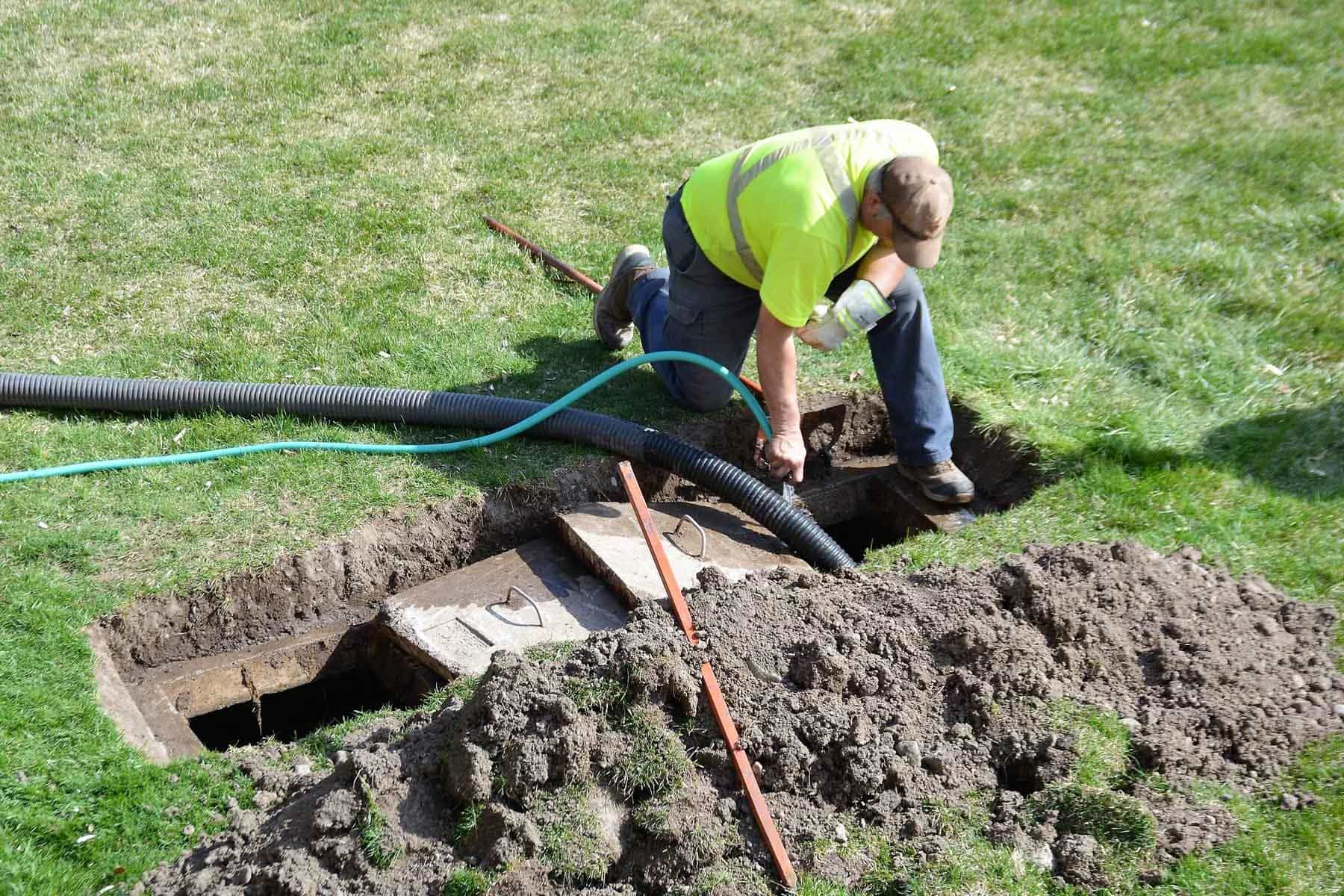
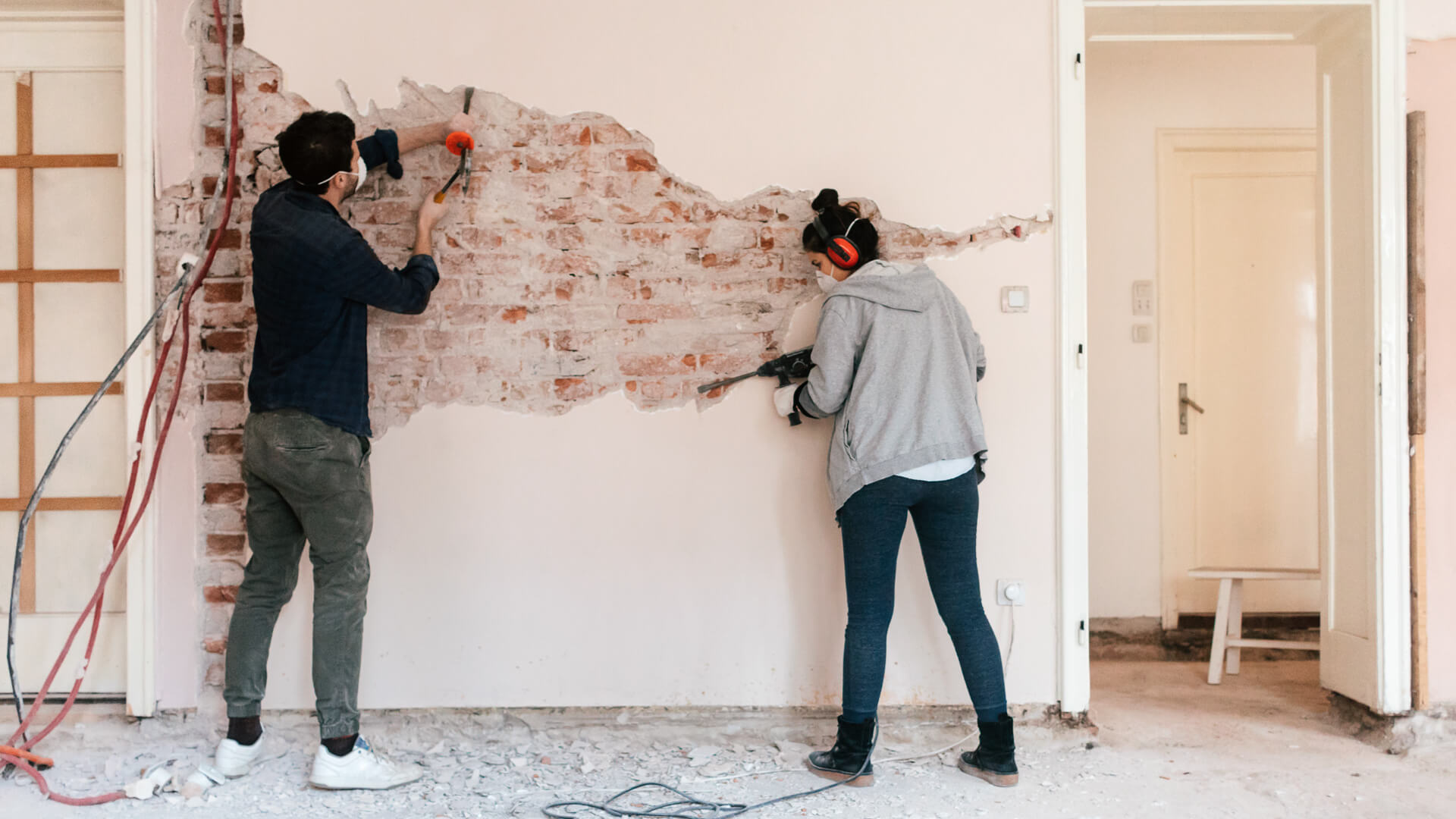

0 thoughts on “Who Pays For Plumbing When Renting”